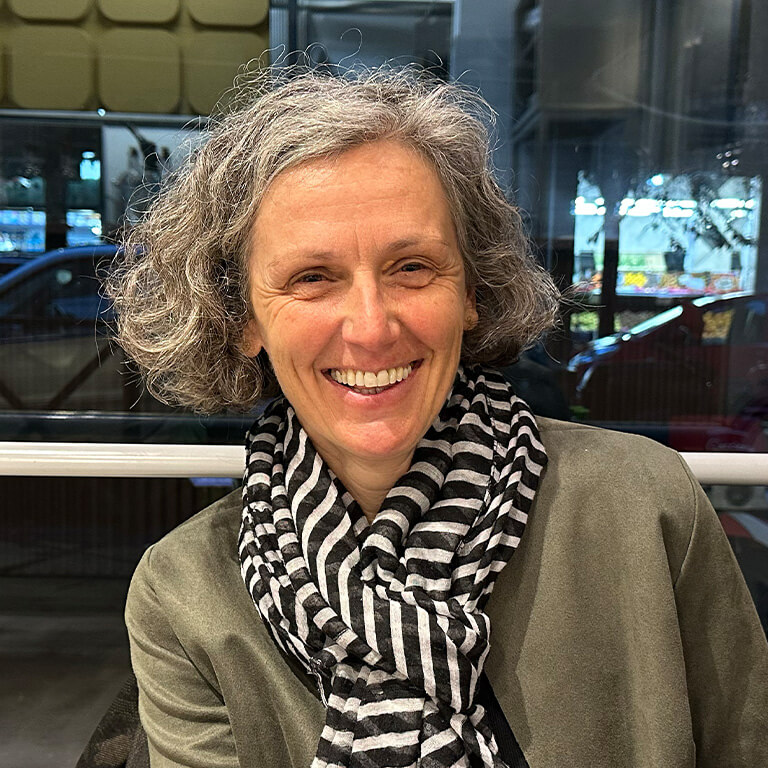Welcome to the Institute for European Studies (EURO)

In fact, because of its enduring promise of a better, richer, safer, freer life, getting to Europe remains an aspiration for refugees and migrants from around the world. How to handle their arrival and integration continues to vex Europe, again challenging its resolve and unity, as Brexit attests.
Seen from a global perspective, Europe or more precisely the EU is also a global powerhouse. Almost one sixth of the world’s wealth is produced here. That is a slightly smaller share than a few years ago, but puts Europe alongside the USA and China as the most important economic area in the world, with EU policies and regulations affecting how business is done not only in Europe itself but closer to home, too. What Europe does matters, as several US tech giants have discovered. Here too, it’s not clear which way the winds are blowing: does European capitalism offer a more appealing, socially-minded model than the rawer North American variety by combining investment, dynamism, and a conscience? Or is it losing its way, as either less-regulated or more centrally directed economies eat its lunch?
Europe, of course, is also a series of nations, regions and peoples with their own histories, histories that were felt not just at home, but imposed themselves around the globe. The continent that ushered in the scientific revolution and the enlightenment and was home to the French revolution, was also the one that brought imperial exploitation to every part of the globe, unleashed world wars, and perpetrated the Holocaust. As a historian of European fascism and colonialism, I feel the weight of these pasts. They prompt us to reflect on the shape and form that greed, power, fear, and hatred take today and to participate in a conversation about solutions.
In short, at the Institute for European Studies, we have plenty to talk about. It’s the place at IU to come together to study Europe’s multifaceted past and present and its potential for the future.
It’s a real sign of recognition that EURO continues to be a Jean Monnet EU Centre of Excellence, awarded by the European Commission, as well as a FLAS-granting center through the US Department of Education. In the latter capacity, we provide student fellowships to study less-commonly taught languages such as Norwegian, Dutch, Modern Greek, Italian, Portuguese, Hungarian, and many others. As a Jean Monnet EU Centre of Excellence, we undertake a diverse array of initiatives offering a multifaceted and interdisciplinary approach to the study of Europe and the European Union. Jean Monnet funds are, for instance, supporting our European Film Festival in collaboration with the Western Europe centers at the Universities of Pittsburgh and North Carolina-Chapel Hill. These EU funds also allow us to provide research and travel grants for early to mid-career faculty and graduate students.
Our signature event every spring is the Midwest Model EU simulation, where we host approximately 120 students from a dozen universities as well as representatives from the European diplomatic and civil service corps in Washington DC. The 2024 edition of our MMEU marks the 30th anniversary of the event, making it the second longest-running Model EU in the US.
EURO also has a proud tradition of outreach beyond the University, particularly at the K-12 level. Through our collaborations with other area studies centers, EURO supports educators around the state of Indiana in diversifying and internationalizing their curricula and encouraging life-long global learning. We continue to spearhead the Windows to the World project – an online resource that connects Indiana educators with global artifacts held in IU museum collections and at the Indianapolis Museum of Art – and includes comprehensive lesson plans and curriculum materials.
In short, at the Institute for European Studies, we have plenty to talk about. It’s the place at IU to come together to study Europe’s multifaceted past and present and its potential for the future.
Starting in Fall 2024, EURO will offer a new 4+1 Pathway program, which will enable IU undergraduates in the College and HLS to add a one-year EURO MA to their degree. We of course continue to offer our 2-year MA program and our Minor in European Studies, which is a great addition to many majors across campus.
What happens at EURO would not be possible without its formidable staff: Colton Ames, our excellent Associate Director, assisted by our dedicated graduate student workers Sara Couch and Sarah Hensler and our invaluable administrative liaison, Heysol Buitrago.
I would like to encourage you to reach out to us with ideas, suggestions, and proposals for events and projects that EURO might pursue.
I look forward to working with you!
Roberta Pergher
Director, Institute for European Studies

